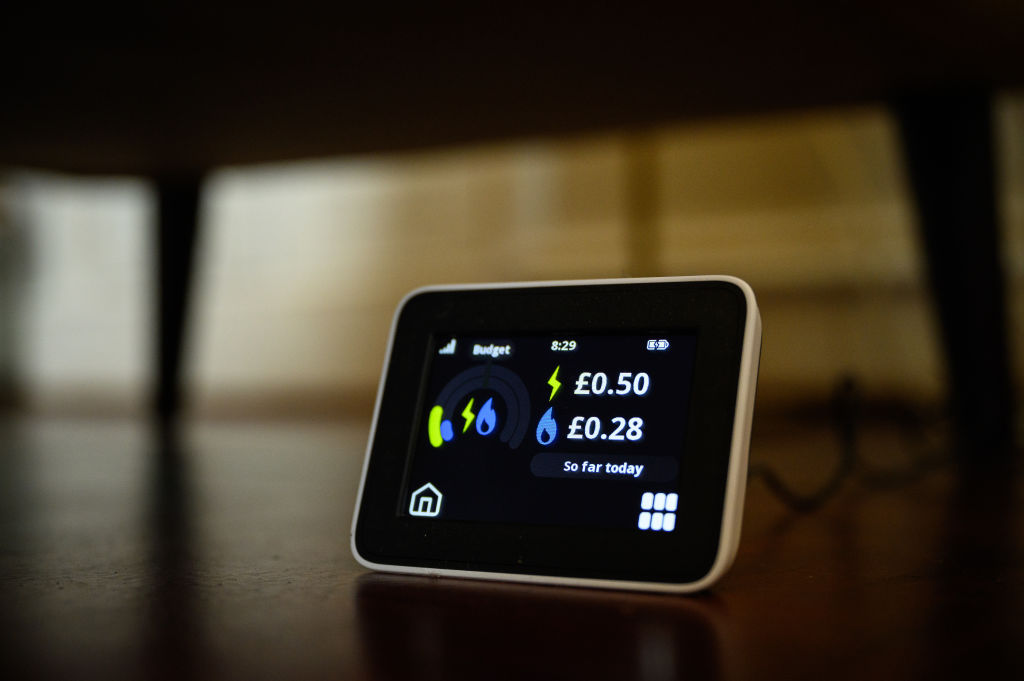Make smart meters mandatory or miss net zero goals, energy firms warn

Smart meters should be made compulsory to meet net zero goals and drive down ultra-high energy bills, two of the UK’s leading retail suppliers have argued.
Andrew Lindsay, chief executive of Utility Warehouse – which is home to nearly a million customers – told City A.M. the rollout needed to be sped up to drive energy efficiency, which would cut both carbon emissions and the cost to heat people’s homes.
The energy boss considered the installation of smart metres to be a “fundamental part” of the transition to net zero – which he considered an immense national challenge.
“Getting the government to mandate that every household has to have a smart meter is absolutely necessary if we’re going to achieve net zero. At the moment, it’s all voluntary, and we’re not getting the take-up that’s needed. If we want to transition the grid to a smart grid, we need to know what consumers are using in their homes,” he said.
Phillippe Commaret, managing director of customers for Big Six supplier EDF Energy, argued smart meters should be compulsory for businesses too.
He told City A.M.: “It’s like the seatbelt in the car, you don’t have a choice to put it on or not for safety reasons. You have to wear the seatbelt. It really should be absolutely mandatory for small businesses to have a smart meter, in order to have a better grip on their consumption, which will then reduce their bills.”
The latest calls from the industry come with household energy bills expected to remain near £2,000 per year under the energy price cap scheme, while energy firms are offering ‘blend and extend’ options to businesses to ease the pain of long-term contracts agreed following Russia’s invasion of Ukraine.
As it stands, smart meters are an optional device for customers, but suppliers have mandated targets from the government.
In 2012, the government created a legal requirement for suppliers to complete the 100 per cent rollout of smart meters by 2019 – before multiple push-backs saw the deadline extended to 2025.
Earlier this year, the government launched a consultation on plans to have the devices installed in 80 percent of homes and 73 percent of small businesses by the end of 2025.
However, UK energy companies are only 57 percent through the government-mandated rollout of smart meters, according to a report from the National Audit Office published last month.
The public spending watchdog has calculated that savings from smart meters equated to £56 annually per household, just under £5 per month.
When approached for comment, a government spokesperson said: “We want more people to benefit as soon as possible, and that’s why we’ve set energy suppliers ambitious but realistic installation targets and are working with them to ensure they continue to deliver at scale. Research has shown that the benefits of the rollout being realised depends upon consumers engaging willingly with the roll-out, rather than reacting to a mandatory requirement to have one installed.”